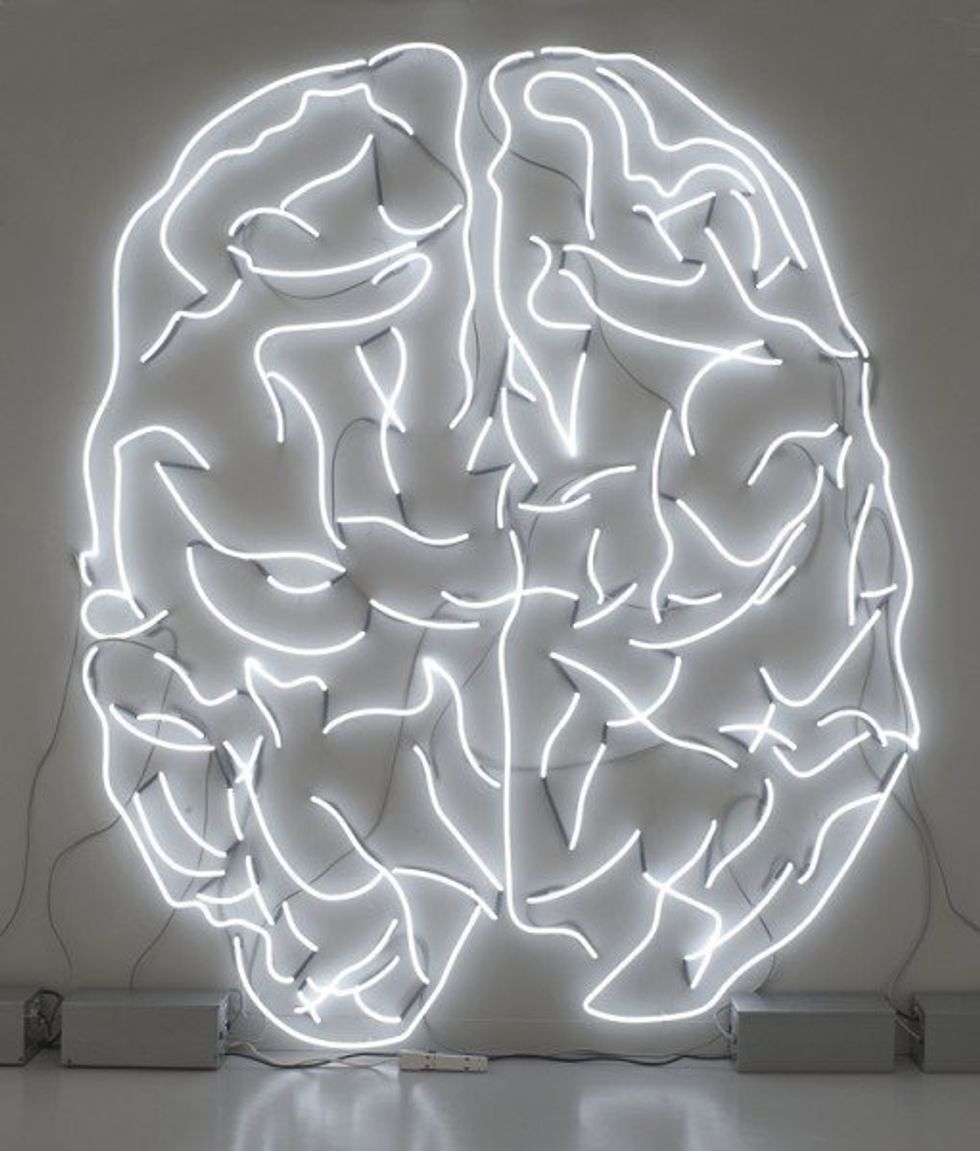A few days ago, Solange Knowles released her first album in four years—A Seat at the Table. The album is beautifully constructed, with melodic rhythms backing smooth vocals and raw, honest lyrics. It includes features from Lil Wayne, The-Dream, BJ the Chicago Kid, Q-Tip, Kelly Rowland, and more. My personal favorite tracks are the interludes like “I Got So Much Magic, You Can Have It” which definitely feels like a #BlackGirlMagic anthem, “Tina Taught Me,” and “Dad Was Mad” which feature her mother and father, respectively. Her mother proclaims that blackness is beautiful and that being pro-black is not being anti-white. Her father talks about his anger growing up in segregation and being one of the first black students to integrate his school.
In a world that silences people of color, especially black women, A Seat at the Table is revolutionary. Solange, on tracks like “Don’t Touch My Hair,” “Mad,” and “F.U.B.U” challenges the angry black girl narrative that punishes black women for speaking up about their perils and voicing their opinions, something she herself has been victim of. I mean, look at how the media portrayed her after the “elevator incident.” They vilified her, disregarding any notion that she may have been justified in her upset or that perhaps she was human and reacted in the wrong way.
She tweeted about why black girls are so “angry” following a racist encounter she had at a concert with her family. A group of white women antagonized her, telling her she had to sit down and then preceding to throw trash at her. To further get her point across, she penned an essay entitled AND DO YOU BELONG? I DO. The essay highlighted a feeling that many black people know too well—like they don’t belong or are taking up too much space. Solange says “this is why many black people are uncomfortable being in predominately white spaces,” speaking about how respectability politics and the policing of black emotions is ingrained in society, causing black folk to navigate the world differently than their nonblack counterparts.
In the first presidential debate, Donald Trump said that the way to ease racial tension is to bring back stop-and-frisk, a police method that allowed racial profiling and brutality to run rampant; an overwhelming amount of those stopped were black and innocent. His remarks are indicative of many Americans’ views on race and the caricature of blackness they’ve created in their heads. If a man who commonly says outlandish stuff like this is the presidential front runner for a major political party and has an actual shot at the presidency, what does that say about the state of America?
A Seat at the Table doesn’t give answers on how to fix racism, it wouldn’t make sense to expect it to. However, it does something better—it unapologetically brings up issues many are afraid to discuss. Solange sings her truth and you can feel it in every line. As a young black woman myself that still struggles to speak her mind uninhibitedly, her words are so important. In a lot of ways, she’s validated what I’ve grappled with for so long.
So, if you haven’t gave A Seat at the Table a listen, what’s wrong with you?!








 Photo by
Photo by 









